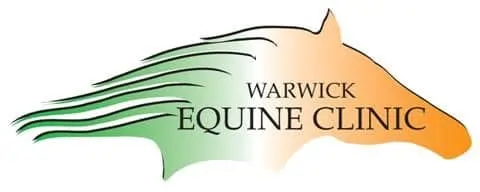Poor performance in your racehorse costs you the opportunity to earn purse money. Whilst there are many reasons your horse may not race well; respiratory disease, musculoskeletal disease or injury causing lameness and systemic disease conditions such as equine protozoal encephalomyelitis, gastric ulcers, cardiac abnormalities or organ dysfunction are often responsible.
Determining the reason a race horse is not performing to his inherent potential requires a collaborative effort between your trainer and your veterinarian. A comprehensive diagnostic approach is more likely to pinpoint a reason for poor performance when compared to hit and miss treatments or injections. Initially it may seem more expensive to spend the time doing complete examinations and running appropriate tests and performing in depth diagnostics, but, in the long run, it will save you money and be more likely to get your horse back to racing at his potential.
Dr. MacNamara has been treating race horses at tracks such as Roosevelt Raceway, The Meadowlands, Garden State Park, Belmont, Aqueduct, Monticello and Yonkers for over thirty years. He ran the Equine Referral Hospital at The Meadowlands prior to the track closing its backstretch in 2016 and he has instructed in equine medicine and surgery at New Bolton Center, the teaching hospital of the University of Pennsylvania College of Veterinary Medicine. He has been the official emergency track veterinarian at Yonkers Raceway since 1990 responsible for the immediate urgent care of injured racehorses during race meets.
